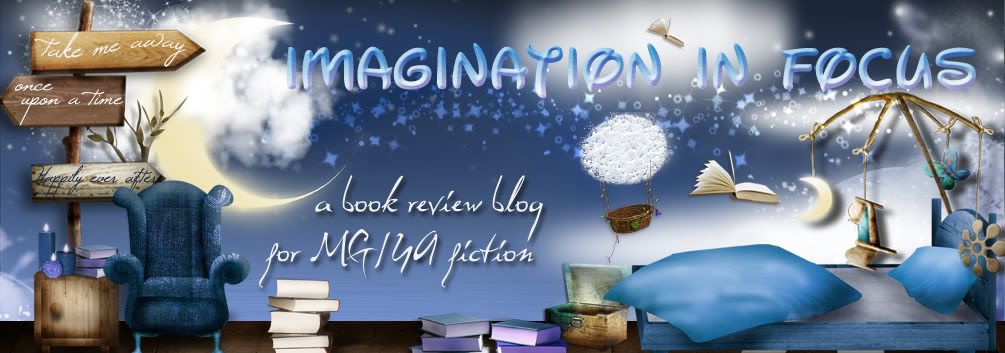# of pages: 362 (pb)
Recommended for: EVERYONE

When Eugenides (yoo-JEN-ə-deez), the Thief of Eddis, stole Hamiathes's Gift, the Queen of Attolia lost more than a mythical relic. She lost face. Everyone knew that Eugenides had outwitted and escaped her. To restore her reputation and reassert her power, the Queen of Attolia will go to any length and accept any help that is offered...she will risk her country to execute the perfect revenge.----
...but
Eugenides can steal anything. And he taunts the Queen of Attolia, moving through her strongholds seemingly at will. So Attolia waits, secure in the knowledge that the Thief will slip, that he will haunt her palace one too many times.
...at what price?
When Eugenides finds his small mountain country at war with Attolia, he must steal a man, he must steal a queen, he must steal peace. But his greatest triumph, and his greatest loss, comes in capturing something that the Queen of Attolia thought she had sacrificed long ago...
Sometimes it happens. Sometimes I read a series out of order. Sometimes, like in the case of the Twilight series (where, for reasons that are still unknown, I dove into Breaking Dawn first and got to about page 100 before admitting that I was as confused and lost as Admiral Stockdale in that VP debate). Thankfully, no such confusion occurred due to opting out of reading The Thief, the first book in the series, first.
The gist of the story is easy to figure out. Eugenides is an infamous thief wanted in three separate countries. Luckily for him, his status as a cousin to the Queen has been enough to keep him safe, until a botched mission early in the novel results in a shocking and devastating punishment. The rest of the story, in large part, deals with Eugenides picking up the pieces of his life and attempting to recover from that event. Against the strong character-driven emotionality if the story is an elaborate backdrop of political intrigue, treacherous double-crossers, and war.
Megan Whalen Turner's fantasy geography is stunning and equally intricate. She creates a world reminiscent of Greek city-states (the fictional kingdoms of Sounis, Attolia, and Eddis supposedly based on the geography of ancient Greece), with a more Byzantine-era style, and featuring such early-modern technology as gunpowder, clockwork objects, and printed books.
And really, the main reason this book is 4 stars instead of 5 is because of Megan's writing style. On one hand, I love her creativity and I love how brilliant she obviously is. She had a seemless ability to make three fictional countries come alive with extensive histories and geographic elements. But I feel like most of the book was told to me, not shown. Her characters are obviously meant to be highly rounded and with a lot of depth, but because of the fact that her narrative was more of a "telling narrative," I didn't feel much of a connection to what was going on. Even a 3rd person narrative can have some emotional exploration and insight, and I found that lacking here. I wish she would have just kept the 1st person narrative that she started in The Thief...
































































